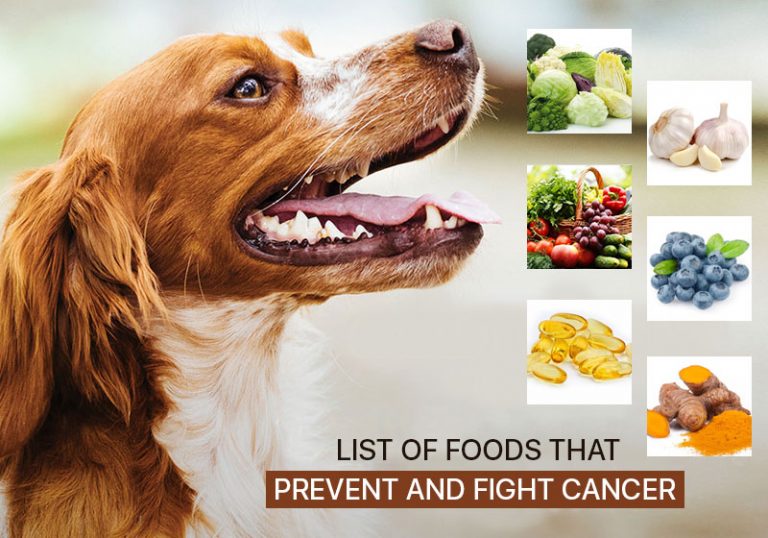Table of Content
Because of this, it is absolutely imperative that you call your vet immediately, as soon as you notice the following symptoms. At one time, elevated dog bowls were thought to help prevent bloat in dogs. Recent research has found that this is not true—in fact, an elevated bowl could increase the risk of bloat. Unless your veterinarian specifically recommends an elevated feeding bowl, it’s best not to use one. Gastric Dilatation-Volvulus, is exactly what it sounds like. A flipped stomach can cause the pancreas and spleen to flip with it.
This is very uncommon and most dogs will need immediate surgical intervention to treat GDV. Young puppies may appear to have a bloated belly due to the presence of intestinal parasites. The most common intestinal parasites in puppies are hookworms and roundworms. Vets typically perform a fecal screening test that shows the presence of these parasites, and treatment follows.
Why Is My Housebroken Dog Peeing in the House? Potty Training Questions and Solutions.
Dog-bloated stomach home remedies can be used to reduce the chances that your dog will become bloated and help to relieve the pain. According to research, 52% of instances involving huge breeds and 20% of cases involving large breed dogs. The presence of a high meal dish was directly connected to bloat. Ironically, vets used to advise them for bigger breeds to help avoid bloat. Raised bowls enhance your dog's risk of bloat, according to recent studies. Never underestimate the seriousness of a bloated stomach.

Their stomach is swollen, and when touched, the dog might groan or yelp from the pain. The dog might also start to pace while trying to vomit without success. Studies show that pure-bred dogs are also 2.5 times more prone to develop bloat when compared to mixed breeds. According to the World Canine Association, there are 340 different types of dog breeds, unfortunately, some breeds are healthier than others. A recent trend is to perform a preventive surgical gastropexy on an at-risk dog.
What Exactly is Bloat in Dogs?
Some larger dog breeds that are more likely to develop bloat include German Shepherds, Doberman Pinschers, Boxers, Great Danes, Akitas, Sheepdogs, and Basset Hounds. We can’t prevent all cases of bloat, but by implementing some of the above techniques, you may be able to reduce your dog’s risk. If your dog shows signs of bloat, take him to a veterinarian or an emergency pet clinic immediately. Fur parents know that there's so much they can do to prevent some issues, but stomach bloat requires purposeful prevention. If you notice the signs of a bloated stomach, you should immediately take your dog to a veterinarian.
Certain eating habits can lead to stomach bloat in dogs. Dogs that eat too fast or eat once a day are said to be twice as likely to develop it compared to those who eat slower and eat twice a day. Eating smaller, spaced-out meals helps a dog not be too hungry, which supports slower eating. There are links that connect stomach bloat with the type and size of a dog. Larger dogs are said to be more susceptible to experiencing bloat than smaller dogs.
Can a Bloated Stomach be Dangerous to Dogs?
If the stomach is bigger than it usually is, it pressures other vital organs surrounding it and disables the regular blood flow. With a little bit of time and some dog-bloated stomach home remedies, this situation will clear up on its own. A raw diet is the best way to help dogs at high risk for dogs bloated stomach to deter this medical issue. Avoid kibble or even premixed food and instead, focus on natural proteins and small amounts of starch.
Your vet is the person with the medical expertise to get to the bottom of what’s occurring and treat the ailment accordingly. The other surgery usually performed at the same time is a gastropexy. Since the rate of recurrent of gastric dilatation is extremely high in dogs that have experienced this once, a gastropexy is essential. It’s not something that you may have much choice about.
Treating Bloat in Dogs: 4 Helpful Tips
If necessary, medications may be given to stabilize the heart. Oxygen therapy may also be necessary if the dog is having difficulty breathing. Just like in humans, stress can cause a world of trouble for dogs including abdomen discomfort and bloat.
Gastric Dilatation-Volvulus, or GDV, is the proper term for a handful of common stomach ailments that causes dog upset stomach. Your vet may refer to gastric torsion, stomach bloat, bloat, or bloated stomach, but it all comes down to GDV. GDVcan sometimes be mistaken by symptoms such as farting dog bloating. In the initial stage of bloat, the heart rate increases, as the dog is in pain and distress.
The vet took 800.00$ in X-rays to save his life wanted to keep him over for observation & IV. I told them I had enough to pay for visit and X-rays but that was all of my resorces. How do u get a dog to eat the capsule, as my dog won't and won't eat any food.
I took him to an expensive vet for an emergency visit and they just confirmed the overeating (back in December that was.) I noticed that he is losing weight since then. He eats and is constantly hungry but even when I started feeding him twice a day he does not regain the weight or have that belly look any better. I went to another vet two weeks ago and they did blood tests all of which came normal.
Recovery of dehydration has a good prognosis if treated soon enough. If you notice signs of dehydration in your dog, slowly give him water with electrolytes to drink. If he can't hold any water down, give him some ice to lick. If he stops drinking altogether, contact your veterinarian right away.

The problem is, many will devour their dinner at lightening speed the moment you put the food in their bowl. If this sounds like your pooch and you seem unable to encourage them to eat more slowly, there are a few things you can try. Abdominal surgery will then be performed to rotate the stomach back into place and evaluate the tissue damage. Part of the stomach wall or the spleen may need to be removed if necrosis has occurred.

No comments:
Post a Comment